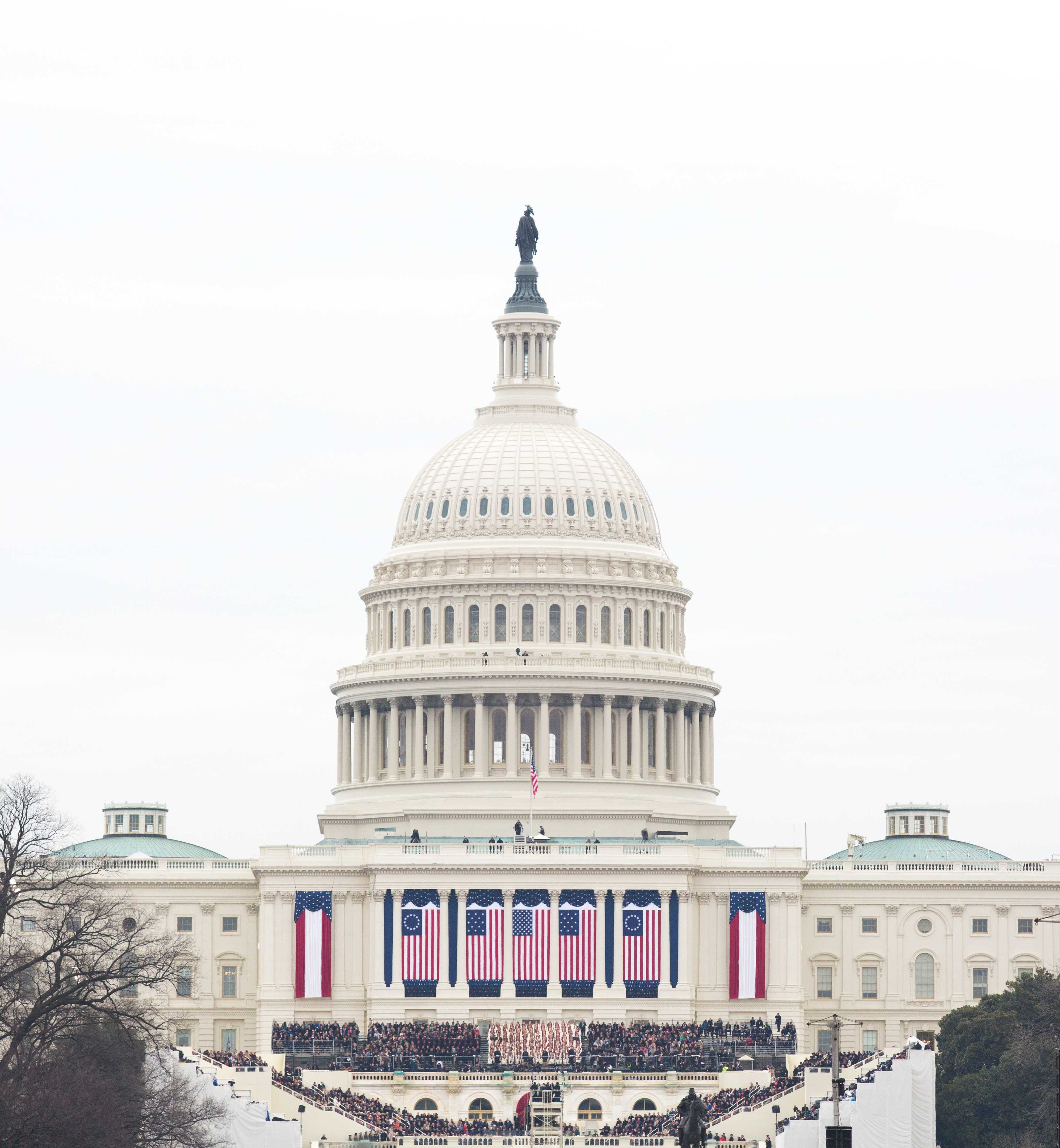An unprecedented number of Jesuit-educated graduates in Congress
A record 56 graduates of Jesuit institutes hold elected office in the incoming 125th U.S. Congress, including St. Joseph’s University alum, Rep. Frank LoBiondo (RNJ, Mays Landing). The Association of Jesuit Colleges and Universities, reports that Georgetown University, with 28 legislators, is at the top of this list. Fordham University and Boston College are tied for second place with seven graduates each.
LoBiondo said that as a result of his education, he has always looked for solutions that will satisfy both sides of the aisle.
“Attending St. Joe’s helped teach me how to look at issues in a thoughtful and analytical way with a key focus on problem-solving,” LoBiondo said in an emailed response to questions from The Hawk.
St. Joe’s chaplain Daniel Joyce, S.J., said Catholics are heavily represented in government in general and in the Congress in particular.
“It is not so surprising that Jesuit grads are represented in significant numbers,” said Joyce.
Data from the Pew Research Center shows that about 30 percent of the U.S. Congress, about 161 members of the Ho

use and Senate, is Catholic.
There has been an increase in making religion central to one’s political campaign, said Lisa Baglione, Ph.D., a professor in Saint Joseph’s political science department.
“In the old days, especially in national campaigns, it was hard to be a Catholic,” Baglione said. “But, you know, now religious speak and religion has become important. I cannot give you a figure, but I see, that if you went back to both party conventions [in 2016], we see the use of religious language in an attempt to appeal on moral and religious grounds.”
Ann Marie Jursca Keffer, director of the university’s Faith-Justice Institute, sees the prominence of Jesuit gradduates as an opportunity to promote Jesuit values and social change.
“Our alumni serving in legislature are surely living the call to be agents of change for social justice,” Keffer said. “Their role and professional dedication to civic engagement carry with it a powerful responsibility in creating a more just society.”
But, as Joyce points out, roughly a third of the 56 Jesuit graduates only attended those schools for postgraduate studies, rather than for their more formative undergraduate years.
“I would hope that the brief time that they spent at a Jesuit school offered them some real expertise which can apply directly to the issues that are most pressing in our nation today,” Joyce said.
Keffer is hopeful that the graduates will employ Jesuit values in their work.
“Fr. Peter Hans-Kolvenbach, S.J. [the former Superior General of the Jesuits] once wrote that the goal of Jesuit education is to form ‘men and women of competence, conscience, and compassionate commitment,” Keffer said.














































